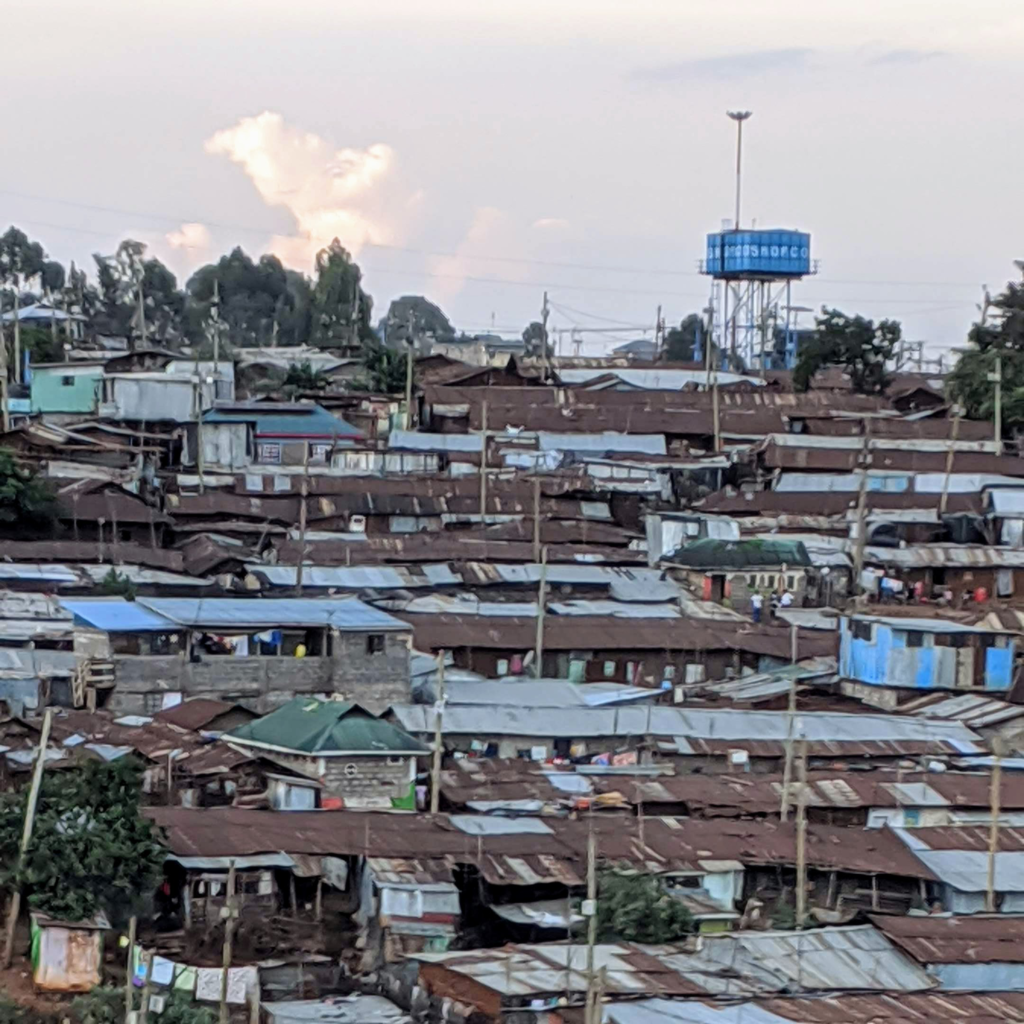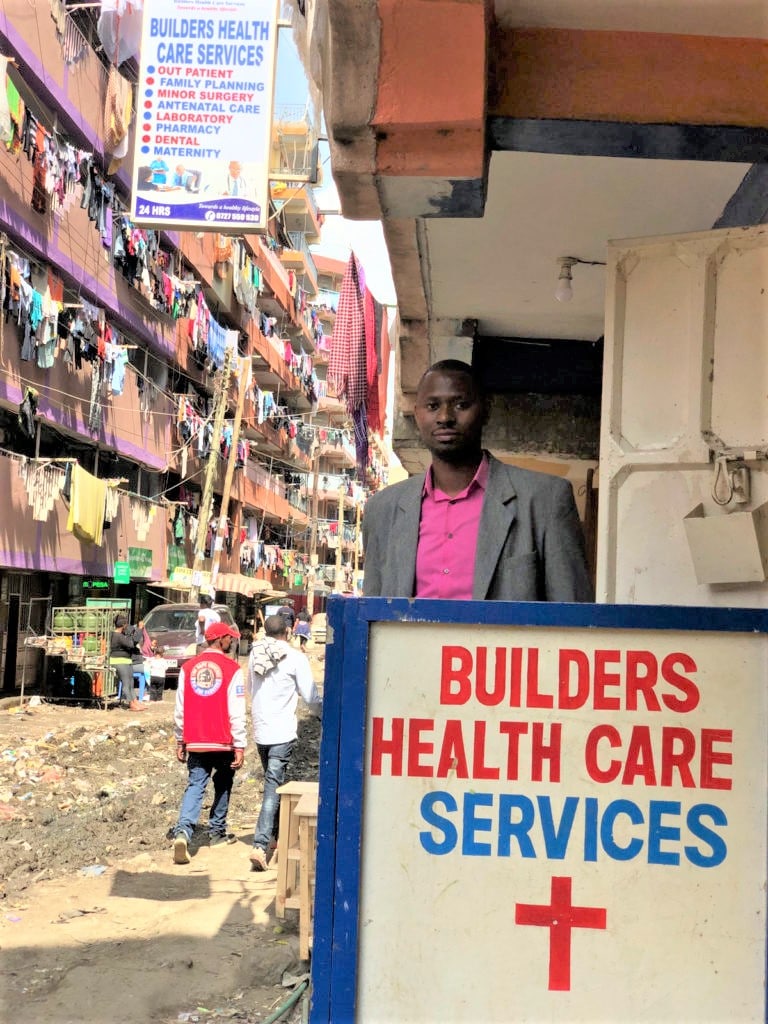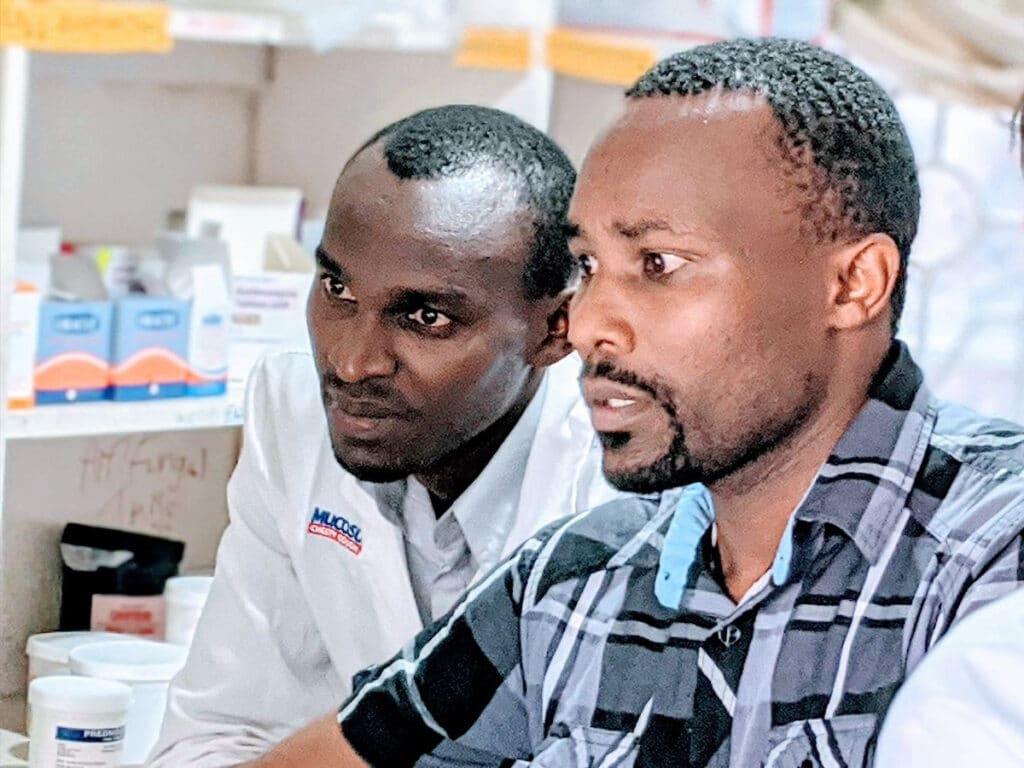Who said slow down?
Banda Health’s vision is transforming lives by reaching and empowering healthcare providers in very-low-income communities. Technology and relationships are our tools.
Most of us do good in our spare time.
Some people do it for a living. Nobody told them that pandemics are a reasonable excuse to take your foot off the gas and slow down a bit. Even while they are trying to put food on their own table, they are still looking out for others. Eric is one of those guys.
Eric is a fast-mover, the former President of the 7000-member Kenya Clinical Officers Association. But his core business is not what I expected. He runs clinics that have a goal of providing quality and affordable healthcare for patients from very low-income areas in western Kenya.
Eric started using BandaGo in two of his facilities in the midst of the COVID outbreak but it was not until recently that I had the chance to meet him virtually on a video call. I was very interested to understand why someone with his ability – and with a family – would set up his medical practices in some of the poorest parts of the world when he could have been somewhere else making a lot more money.
What drives him to do good for a living? What battles is he facing?

Exactly why did you move here?
When I ask Eric why he moved to work in a low-income community, he doesn’t hesitate to tell me the story. Early in his career, he worked in a clinic that served a wide range of socio-economic groups, from very-poor to high-middle income.
“I saw people discriminated against based upon their income every day. The lower-income people were treated poorly and I wondered, ‘How can you treat someone like this when they are a human being?’”
Two jobs later, however, he experienced a completely different model working in a clinic that provided quality, affordable service for the poor with dignity.
“When I later started my own businesses, my goal was to work in low-income communities and to find ways to support those communities. This included being sure my staff can earn a decent living while we focus on providing our patients with good quality care at an affordable price, focusing on prevention.”
Today, his pharmacy and two clinics serve his community well but he is not done yet. He is working hard to extend his impact further despite all of the challenges his patients face.
Good does not mean easy, doc.

When I ask Eric to describe the biggest barriers his patients face when they want to get good care for their family, his answers are immediate.
1. “Patients often don’t have the cash to see the clinician. If they pay $1 for the consultation, they don’t have enough left to get their lab test or medication.” Eric’s best-paid patients make $5 to $10 per day, so he has to figure out how to get them their basic evaluation, including laboratory and medications, as cheaply as possible. He keeps his total charges for everything <$3.50 per visit.
2. “Patients do not have reliable access to medications. This is a big problem. In public health facilities, medications are often out of stock.”
3. “Patients do not have dependable access to credit. Clinics can sometimes offer credit, but their own finances are tight, and if credit is not managed well, it can completely crush their business.”
“All of this means that clinics need to run as efficiently as possible,” he says. But as the former President of the national Clinical Officer Association, he has noticed that most of his colleagues struggle to get the tools they need to run their business efficiently. “You learn medicine in school, but not business. Knowing how to keep track of and manage your finances, be sure that supplies are not going missing and be able to convince investors that your records are well-maintained, all of these present hurdles that almost all small clinics struggle to clear successfully.”
We have to keep getting better, even during COVID

Eric reached out to Banda after hearing about us from a colleague, Stephen Muthama, a clinician who runs an urban clinic in Nairobi.
Transitioning his team to a new, digital way of running their clinic wasn’t difficult, even in the middle of COVID when no one from Banda could come by and help his team set it up. Mike from Banda connected with Eric over Zoom and within a week he and his staff were up and running.
Banda is making it easier for Eric to manage his business as efficiently as possible. From his past work in Kenya’s big research institute, Eric knows the importance of data in improving care. He has traveled a lot for his professional association, but even when he is on the road, he can quickly see how healthy his clinics are operating. He can check and monitor their inventories, and financial position records from any point as long he has access to the internet.

Thanks for helping those who are going to do well
Peter Drucker said, “The foundation for doing good is doing well.” Eric and healthcare teams like his provide low-cost care right when and where their patients need them. Providing good care in these settings means maximizing the use of every penny. Helping teams like Eric’s keep their clinics healthy and cost-effective means they can focus their time and resources on keeping their patients healthy.
At Banda Health, we use real-time input from Eric and others to create ever-improving solutions to the challenges these clinics face. With the beauty of the internet, every Banda Health improvement is immediately made available to all clinics, even during COVID-like seasons when our team can’t visit clinics personally.
Thanks for being a part of this journey with us. We couldn’t do this without you.
Steve and Wes, for all of the team.

